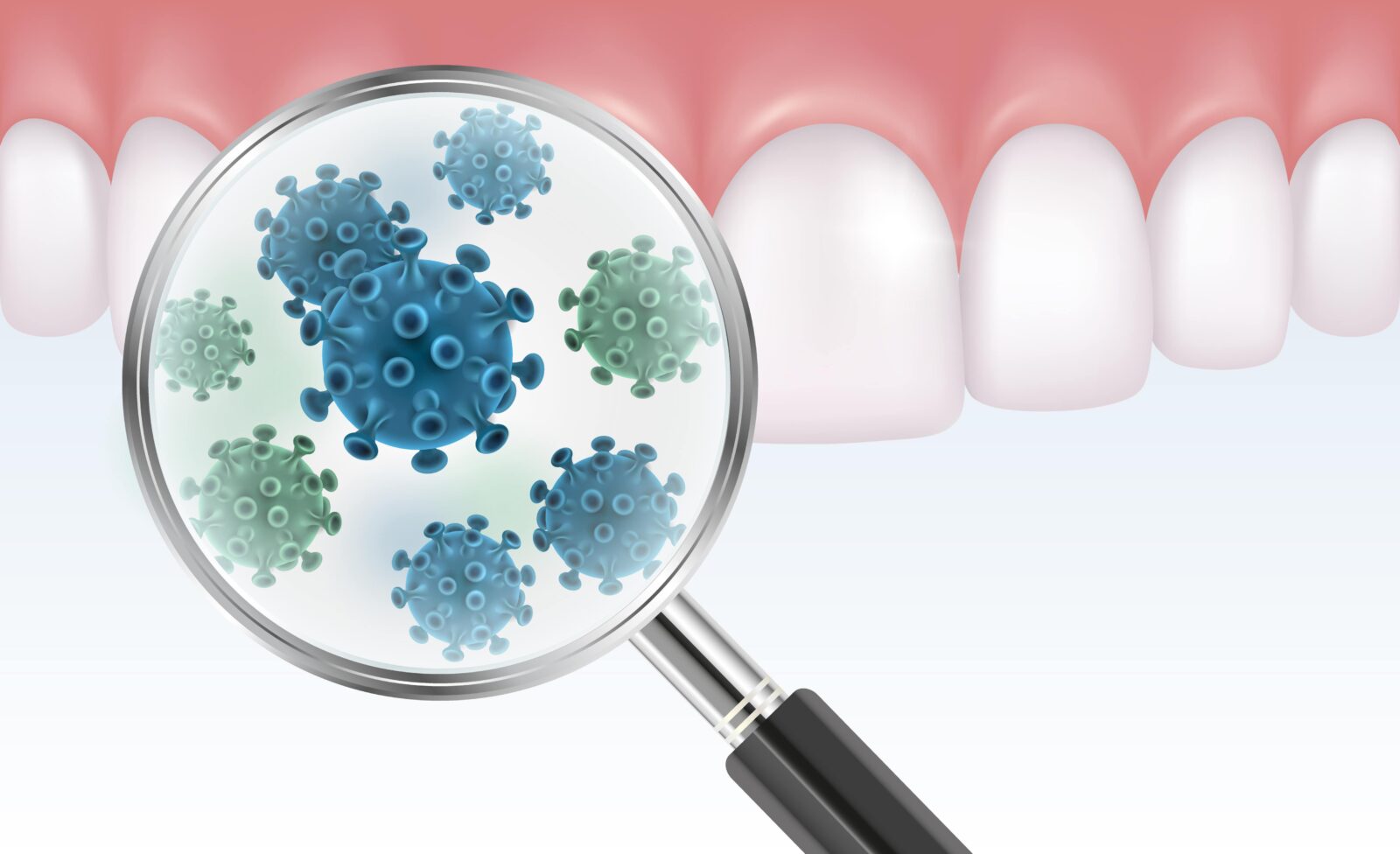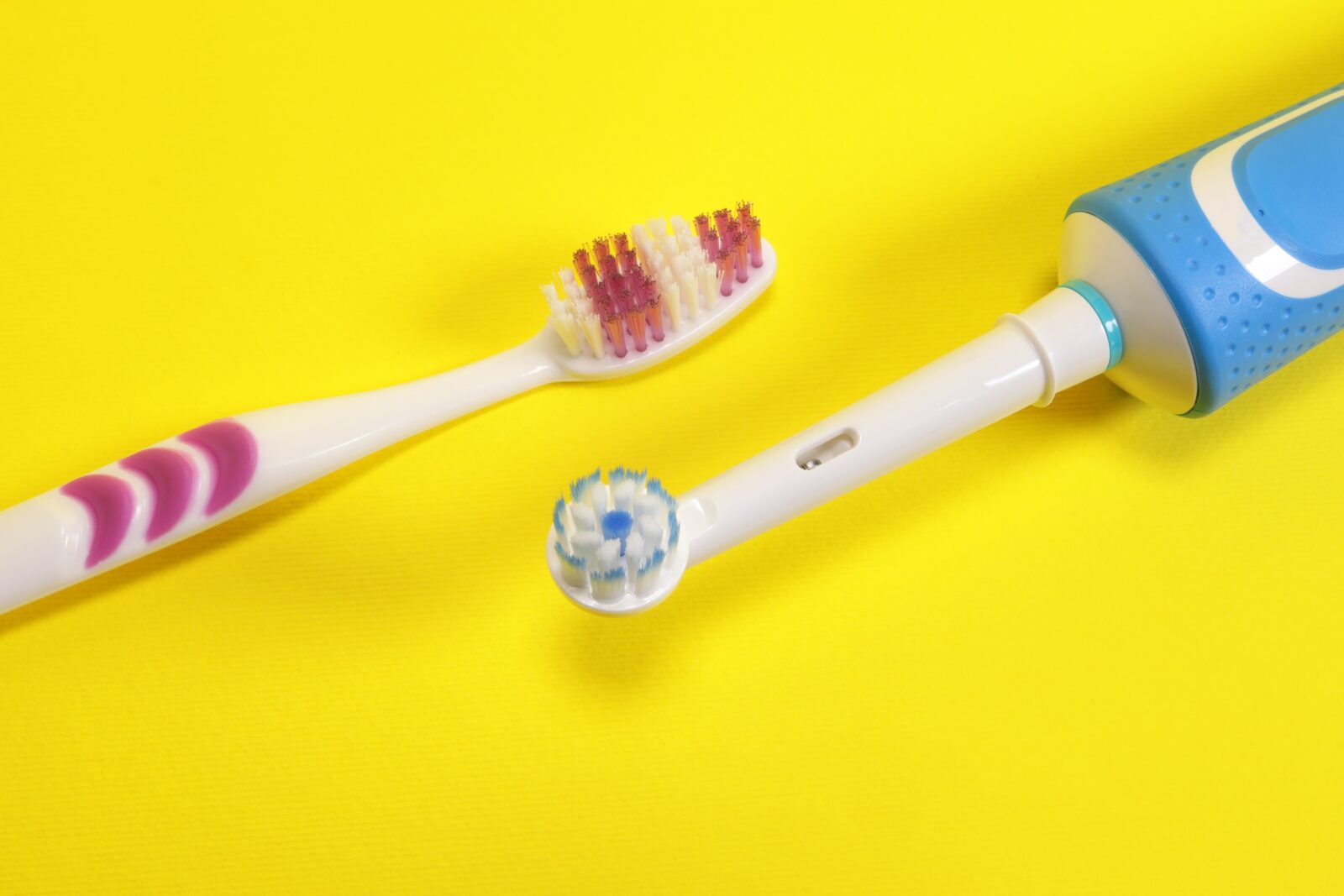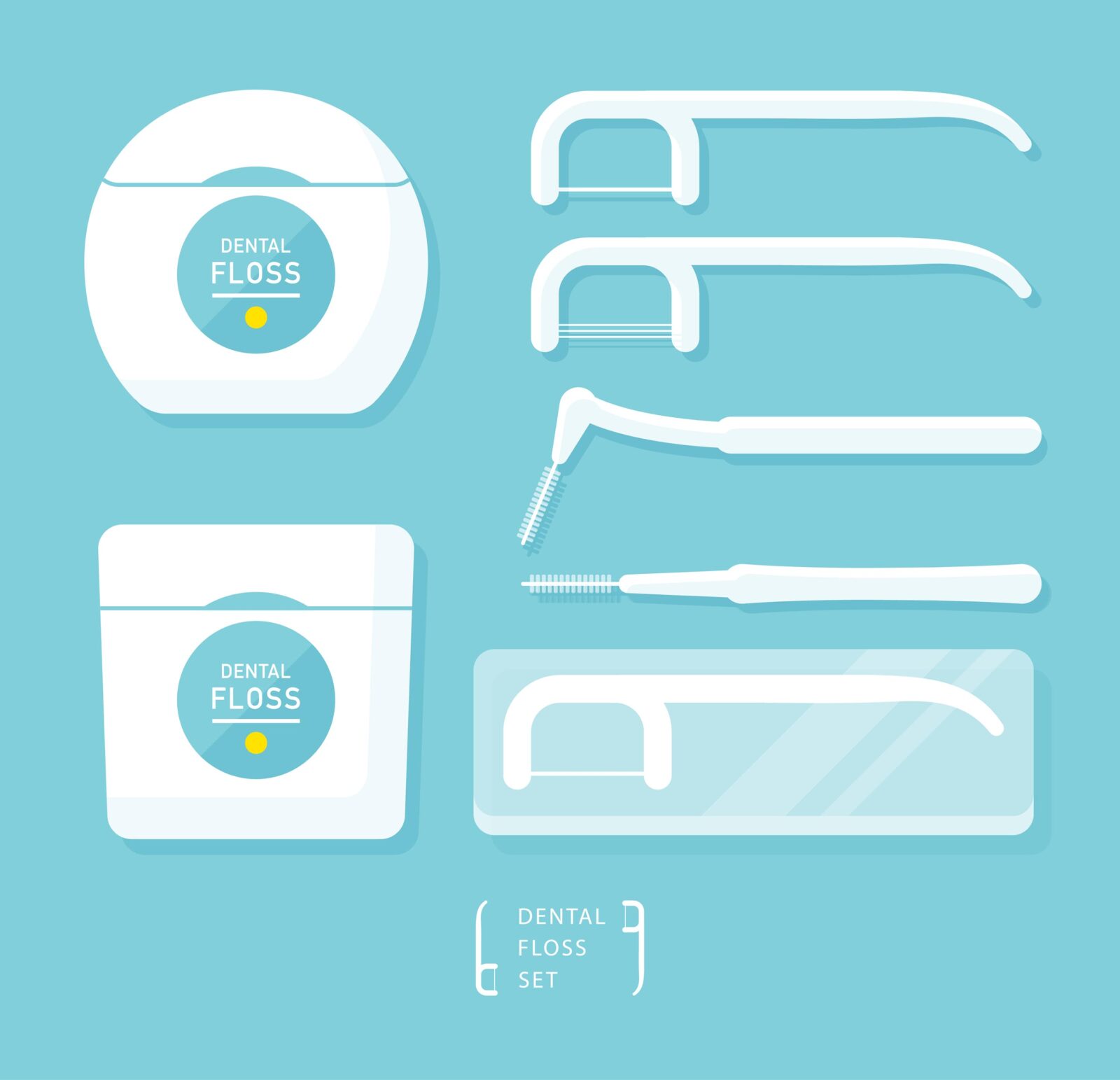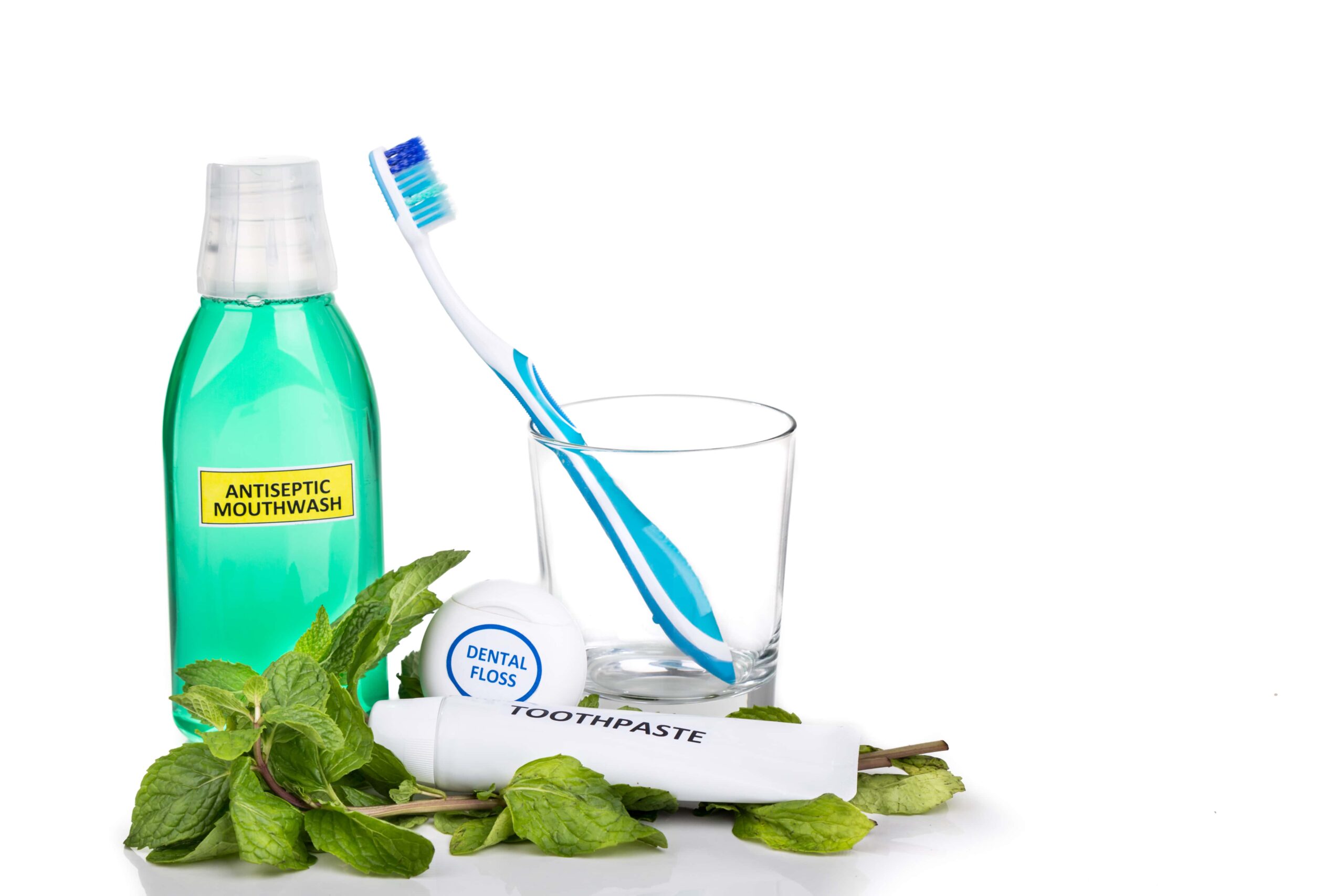Walking through the oral care aisle can sometimes feel like navigating a maze with the vast selection of products available. From toothbrushes and floss to mouthwashes and beyond, how do you choose the right tools for your oral health needs? This blog breaks down the essential considerations to help you make informed decisions that will keep your smile bright and your mouth healthy.
Understanding Your Oral Health Needs
The path to optimal oral health begins with a clear understanding of your specific needs. Every mouth is unique, and factors such as age, diet, dental history, and lifestyle can influence the type of care required. Recognizing your individual oral health needs is essential for selecting the most effective dental tools, ensuring your efforts in maintaining oral hygiene are both efficient and beneficial.
Assessing Your Oral Health
Start by evaluating your current oral health status and consider any concerns you’ve encountered in the past. Key areas to focus on include:

- Gum Health: Signs of gum disease, such as redness, swelling, or bleeding during brushing and flossing, can indicate the need for tools that target gum care.
- Tooth Sensitivity: Sensitivity to hot, cold, sweet, or acidic foods may require specialized toothpaste and soft-bristled toothbrushes to alleviate discomfort.
- Cavity Prone: A history of cavities suggests the importance of fluoride toothpaste and daily flossing to prevent decay.
- Orthodontic Appliances: Braces or other appliances necessitate tools like orthodontic brushes or water flossers for effective cleaning around wires and brackets.
- Dry Mouth: Conditions or medications causing dry mouth benefit from alcohol-free mouthwash and products designed to enhance saliva production.
Relating Needs to Dental Tool Selection
Once you’ve identified your needs, the next step is to choose dental tools tailored to address them:
- For Gum Health: Opt for a toothbrush with soft bristles and a comfortable handle to ensure gentle yet thorough cleaning. Consider a therapeutic mouthwash with antimicrobial ingredients to help combat gum disease.
- For Tooth Sensitivity: Use toothpaste formulated for sensitive teeth, which can help block the pathways that lead to sensitivity. A soft-bristled toothbrush is also crucial to avoid further irritation.
- For Cavity Prevention: Fluoride toothpaste is key in fortifying tooth enamel and preventing decay. Dental floss or interdental brushes are essential for removing plaque between teeth, a common area for cavities to develop.
- For Cleaning Around Orthodontic Appliances: Specialized brushes designed for braces and water flossers can effectively clean around and between wires and brackets, maintaining oral hygiene without causing damage to the appliances.
- For Dry Mouth: Look for moisturizing mouthwashes and toothpastes specifically designed to combat dry mouth, avoiding products containing alcohol, which can exacerbate the condition.
Selecting the Perfect Toothbrush
Choosing the perfect toothbrush for your needs involves considering several factors to ensure it effectively contributes to your oral hygiene routine while suiting your personal preferences. Here’s how to select a toothbrush tailored to your needs:
Understand Bristle Types
- Soft Bristles: Ideal for most people, soft bristles effectively remove plaque and debris without damaging the gums or enamel. They’re especially recommended for those with sensitive gums or gum disease.
- Medium and Hard Bristles: These can be too abrasive for some, potentially causing gum recession and enamel wear over time. They should generally be avoided unless specifically recommended by a dentist.
Consider the Toothbrush Head Size
A small to medium-sized brush head is preferable as it can more easily reach all areas of the mouth, including the back molars. Ensure the head fits comfortably in your mouth, allowing access to hard-to-reach spots.
Choose Between Manual and Electric

- Manual Toothbrushes: Affordable and easy to control, manual toothbrushes can be very effective when used correctly with proper brushing technique.
- Electric Toothbrushes: They can provide a more thorough clean with less effort, especially beneficial for those with limited manual dexterity, orthodontic appliances, or specific oral health issues. Many come with features like timers and pressure sensors to enhance brushing efficiency.
Look for the ADA Seal of Acceptance
A toothbrush that has earned the American Dental Association (ADA) Seal of Acceptance has been evaluated for safety and efficacy, providing an added level of assurance.
Consider Special Features for Specific Needs
- If you have braces, look for toothbrushes designed with orthodontic bristles that can effectively clean around wires and brackets.
- For those with sensitive teeth or receding gums, a toothbrush labeled for sensitive oral care might be the best option.
Choosing Dental Floss
Choosing the right dental floss is essential for an effective oral hygiene routine, as it helps remove plaque and food particles from between your teeth and along the gum line, areas a toothbrush can’t always reach. Here’s how to select the best dental floss for your oral health needs:
Consider the Space Between Your Teeth
- Tight Spaces: If your teeth are closely spaced, you might find a thin, waxed floss or a Teflon-based floss easier to slide between them without shredding or getting stuck.
- Wider Gaps: Dental tape or super floss, which is thicker and fluffier, can be more effective for cleaning larger gaps or under bridges.

Look at Floss Texture
- Waxed vs. Unwaxed: Waxed floss tends to slide between teeth more easily, making it a good choice for tighter spaces. Unwaxed floss can provide a squeaky-clean feel but may be harder to use if your teeth are very close together.
- Spongy Floss: This type of floss is softer and designed for cleaning around dental appliances like braces or for those with sensitive gums.
Evaluate Your Needs for Special Care
If you have braces, bridges, or implants, consider using a floss threader or a product specifically designed for orthodontic care or dental work. These tools can help you navigate around appliances and ensure thorough cleaning.
Finding the Right Mouthwash
To find the right mouthwash for your dental needs, consider the following:
- Purpose-Driven Selection: Decide whether you need a cosmetic mouthwash for fresh breath or a therapeutic one to address issues like gingivitis, dry mouth, or tooth decay.
- Active Ingredients: Look for ingredients that target your specific needs, such as fluoride for cavity prevention, chlorhexidine for gum disease, or peroxide for whitening.
- Alcohol-Free Options: If you have a sensitive mouth or want to avoid the drying effect of alcohol, choose an alcohol-free mouthwash.
Incorporating Additional Tools
Water Flossers:
An excellent alternative for those who struggle with traditional floss, water flossers are particularly useful for cleaning around braces and dental implants.
Tongue Scrapers:
To combat bad breath effectively, consider adding a tongue scraper to your routine to remove bacteria from the surface of your tongue.
Interdental Brushes:
These are ideal for cleaning between teeth, particularly for those with wider gaps or specific areas where traditional floss doesn’t quite do the job.
Consult Your Dental Professional
Despite the general guidance, nothing beats personalized advice from your dental professional. They can offer recommendations based on an in-depth understanding of your oral health status and needs.
Conclusion
Choosing the right oral health tools doesn’t have to be a daunting task. By understanding your specific needs and considering the factors outlined above, you can select products that will effectively support your oral hygiene routine. Remember, the best oral care routine is one that you follow consistently, so finding tools that you’re comfortable and happy to use daily is key to maintaining a healthy smile.




